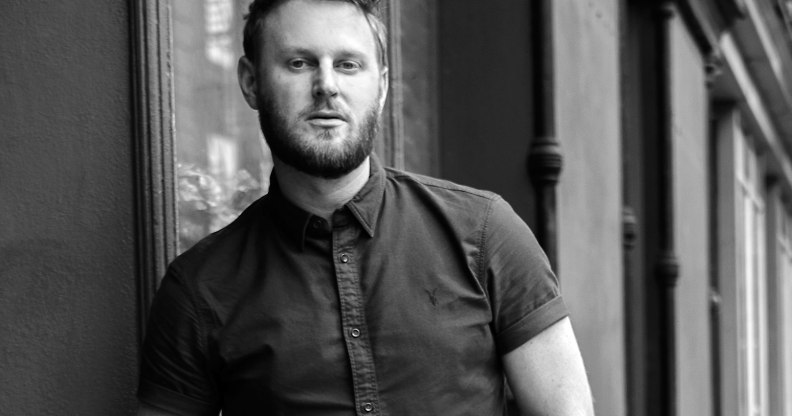Queer Eye’s Bobby Berk: We need more Stonewall riots

Queer Eye’s Bobby Berk on the fight for LGBT+ rights (Anh Linh/Billboard)
The Queer Eye interior designer Bobby Berk has called for “non-violent” Stonewall riots in Middle America to “keep up the fight” for LGBT+ rights.
In the lead up to the 50th anniversary of the Stonewall riots, he told The Daily Beast that he fears the rights LGBT+ people have won “are in danger now that the cloak of ‘religious freedom’ is being used to attack us.”
He said: “Even though we have come forward, in a lot of ways we haven’t. We’ve fallen backwards in a lot of ways. In coastal cities we’re ahead of the times, but in Middle America we need more Stonewall riots — not violent, but definitely to keep up the fight.
“It’s up to people like myself who have the luck and are blessed to have a platform that we use it. With more visibility comes acceptance.”
“Don’t think other people’s votes will count for you, you need to vote yourself.”
— Queer Eye‘s Bobby Berk
When asked what he’d like to see in the next 50 years, Berk answered: “I hope we pass enough equality laws that even conservative judges have no choice but to uphold them.
“The only way to ensure our rights continue to grow and be secure is to get out there and vote and not be complacent. Don’t think other people’s votes will count for you, you need to vote yourself.”
The star had humble beginnings
The Netflix celebrity has frequently spoken of his negative experiences growing up gay in rural Missouri, and is keenly aware of the struggles many LGBT+ people face in religious communities.
“I never really loved it there — never really felt like it was for me,” he revealed to Forbes. “I knew I needed to come out, and I knew that was not an option where I lived.”
The anti-LGBT+ atmosphere prompted Berk to drop out of school and leave home aged 15, after which he was forced to take on a string of retail and restaurant jobs to pay his rent. His life was a struggle for many years, and it wasn’t until he moved to New York aged 21 that he began to find his feet.
It was here, living a few streets away from the Stonewall Inn, that he learned of its significance to the LGBT+ community.
“Growing up in the middle of Missouri, I never heard of [Stonewall]. It wasn’t taught in high school,” he explained. “I didn’t hear about them until I moved to New York City. I lived a few blocks from the Stonewall Inn and started learning what they meant, why it was a landmark, and what it meant for our community.”
Were he able to speak to the Stonewall rioters now, he says he would simply say: “‘Thank you,’ because without them we probably wouldn’t be where we are today.”

